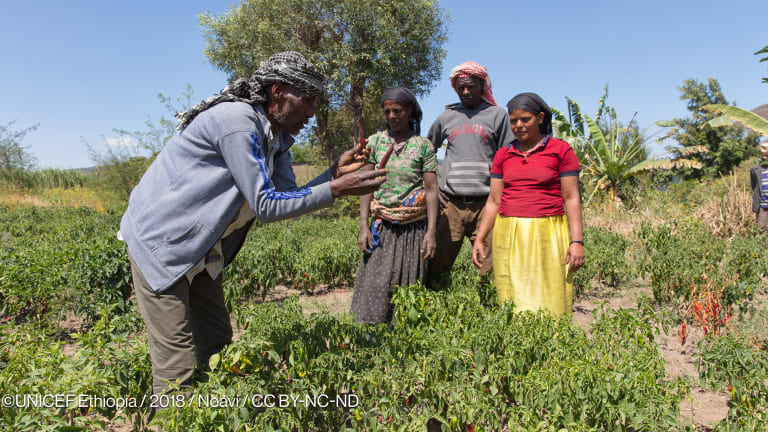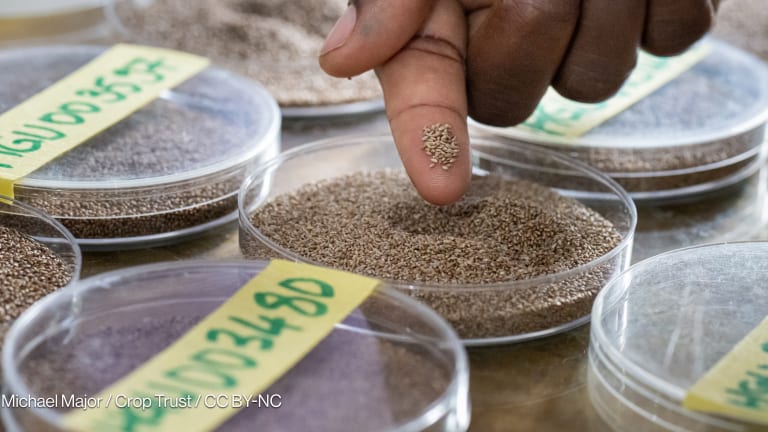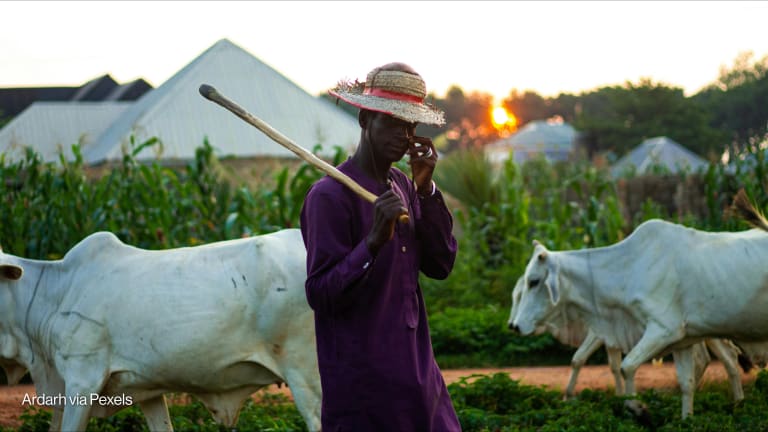Opinion: Agroecology is the missing link in biodiversity protection
As small-scale food producers, we have long understood the deep connection between food systems and biodiversity. But a disturbing cycle has emerged: Our global food system is now the primary driver of biodiversity loss, threatening the very ecosystems it relies upon. With the U.N. Biodiversity Conference, or COP16, underway in Cali, Colombia, it's time for policymakers to recognize the critical link between food systems and biodiversity — and take decisive action.
One of the solutions to ensure a sustainable food system lies in agroecology, an approach that harmonizes food production with nature while prioritizing farmer agency and livelihoods.
We’ve seen that there is growing momentum to integrate food systems into climate and biodiversity policies. Policymakers at COP16 have the opportunity to make meaningful progress on protecting and restoring biodiversity while meeting the goals to end hunger and securing the livelihoods of smallholder farmers for generations to come.
Search for articles
Most Read
- 1
- 2
- 3
- 4
- 5










